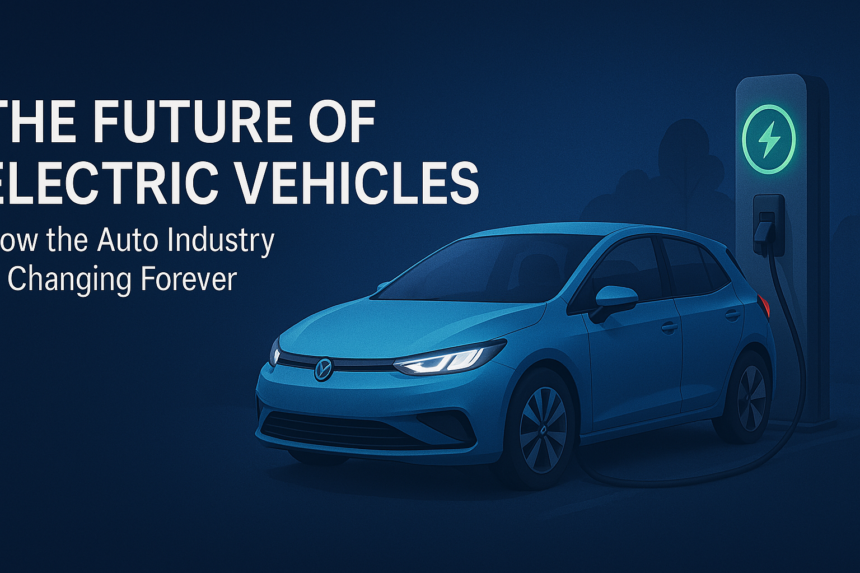The Future of Electric Vehicles: How the Auto Industry is Changing Forever
Introduction
Electric vehicles (EVs) are no longer a futuristic concept—they are rapidly becoming the norm. With global governments pushing for sustainability and major automakers investing billions in EV technology, the auto industry is undergoing a revolutionary shift. This article explores how EVs are changing transportation, the challenges ahead, and what the future holds for the industry.
Why EV Adoption is Accelerating
Governments worldwide are enforcing strict emissions regulations and offering incentives for EV adoption. Countries like Norway and Germany are leading the charge by setting deadlines to phase out gas-powered vehicles entirely. Additionally, advances in battery technology and charging infrastructure are making EVs more accessible and practical for everyday use.
The Role of Major Automakers
Traditional automakers such as Ford, General Motors, and Toyota are heavily investing in EV production to compete with Tesla. New startups like Rivian and Lucid Motors are also entering the market with innovative technology and premium designs.
Challenges to Overcome
While EVs offer a sustainable alternative to gas-powered cars, there are hurdles to mass adoption. Charging infrastructure remains limited in many regions, and battery production costs continue to be a concern. Additionally, the raw materials used in EV batteries, such as lithium and cobalt, pose ethical and environmental challenges.
Conclusion
Despite these challenges, the EV revolution is inevitable. As technology improves and governments continue to push for cleaner energy, electric vehicles will soon dominate roads worldwide. Consumers, automakers, and policymakers must work together to ensure a smooth transition toward a sustainable future.






